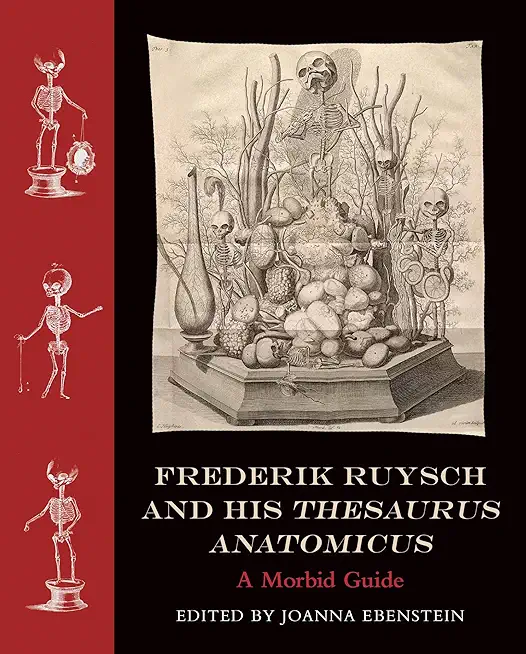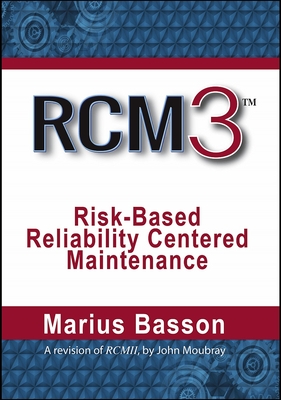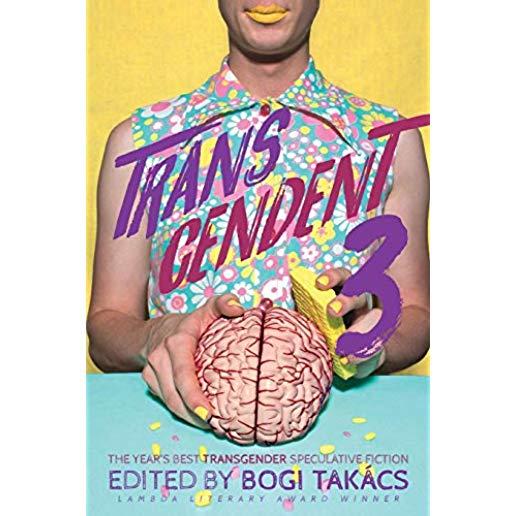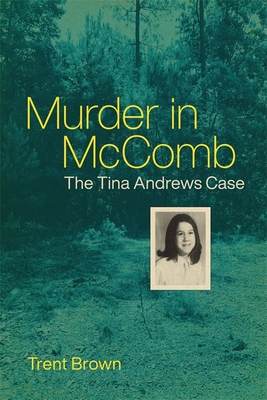
description
0A lavishly illustrated guide to the magnum opus of the great seventeenth-century anatomist, master embalmer, artist, and collector of specimens. Frederik Ruysch (1638-1731) was a celebrated Dutch anatomist, master embalmer, and museologist. He is best remembered today for strange tableaux, crafted from fetal skeletons and other human remains, that flicker provocatively at the edges of science, art, and memento mori. Ruysch exhibited these pieces, along with hundreds of other artful specimens, in his home museum and catalogued them in his lavishly illustrated Thesaurus Anatomicus. This book offers the first English translation of Ruysch's guide to his collection, along with all the illustrations from the original volume, photographs of some his most imaginative extant specimens, and more. Ruysch was at once a brilliant scientist, a preternaturally gifted technician, an esteemed physician, a religious moralizer, and an artist whose prime form of expression was the medium of human remains. His works were sometimes described as "Rembrandts of anatomical preparation"; today they seem so strange that we can hardly believe that they even existed, much less that they were so popular in their time. His combination of the religious and the scientific, the painstakingly accurate and the extravagantly fantastical, offers vivid testimony of an era in which science overlapped seamlessly with religion and art. Essays accompanying Ruysch's text and images consider such topics as the historical context of Ruysch's work, the paradox of an artist of death whose work engenders the illusion of life, the conservation of Ruysch's specimens, and the shifting ascendancies of romanticism and rationality in the natural sciences.
member goods
No member items were found under this heading.
Return Policy
All sales are final
Shipping
No special shipping considerations available.
Shipping fees determined at checkout.







